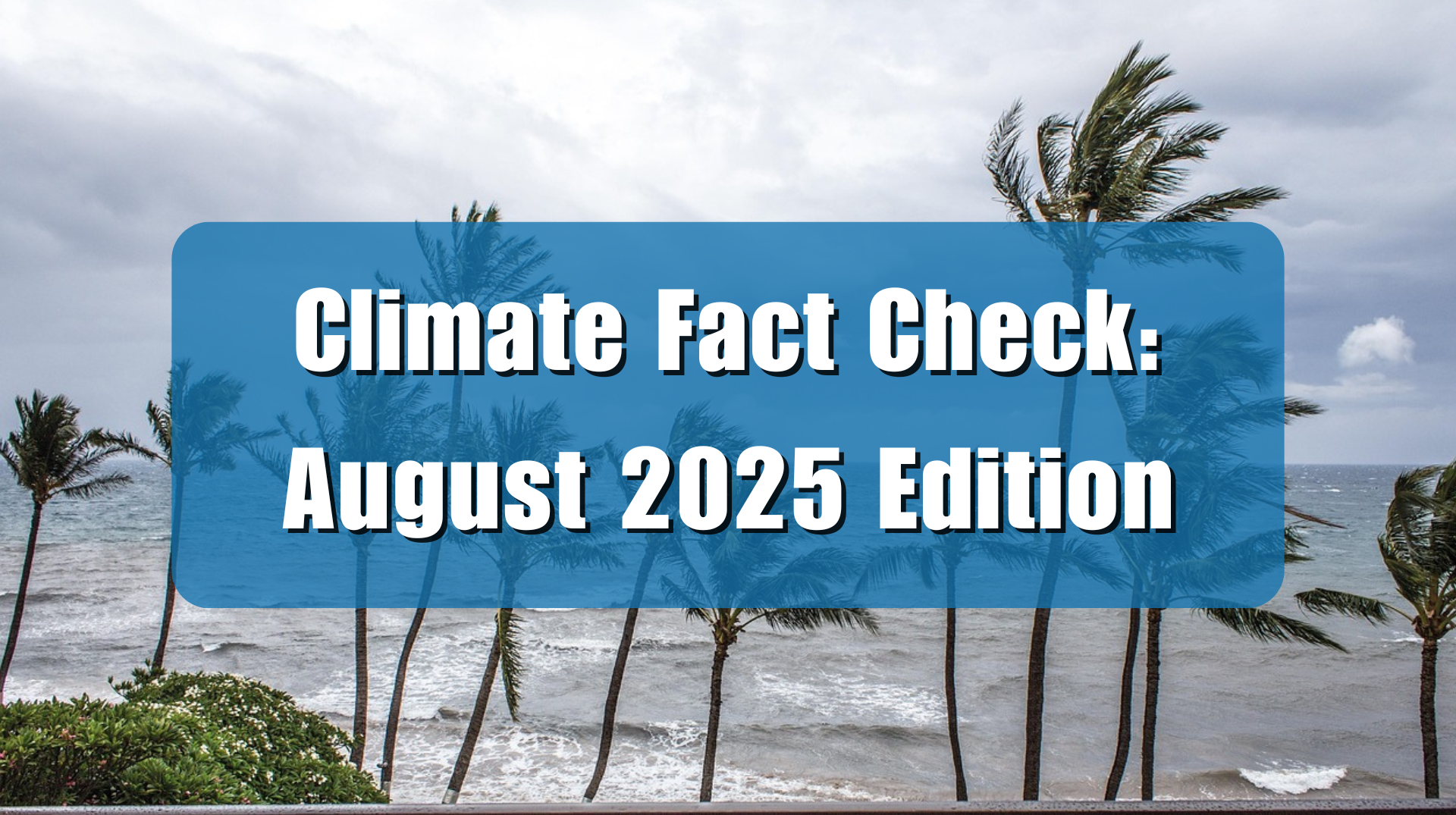As voters head to the polls in this year’s presidential primaries and general election, America’s affordable gasoline prices are also on the ballot.
Bernie Sanders is calling for a total ban on fracking for oil and natural gas. This means voters will be choosing between $2-per-gallon gasoline and $4-per-gallon gasoline.
Before the fracking revolution, U.S. oil production bottomed out in 2008 at 5 million barrels per day. As a result, prices for regular-grade gasoline topped $4 per gallon. Thanks to fracking, U.S. production has more than doubled since then, bringing prices down to $2.32 per gallon. It is simple supply and demand — more oil production means lower prices; less oil production means higher prices.
So, the question is simple. Do we want to pay over $4 per gallon for gasoline again, or do we want to pay closer to $2 per gallon? Do we want your Uber ride to cost $10 or $20?
The effect of a fracking ban on electricity prices would be even worse. Natural gas powers the lion’s share of U.S. electricity. Thanks to fracking, natural gas prices have fallen to merely one-third the price ($2.22 per million BTU) as in 2008 (over $8 per million BTU during most of 2008). No fracking means a return to those very high prices.
A December 2019 study by the U.S. Chamber of Commerce confirmed this, finding a fracking ban would cause natural gas prices to more than triple. So, if you would like your electricity bills to go through the roof, then you should vote to ban fracking.
Just as important, fracking has kept America’s economy immune from Middle East turmoil. The ISIS takeover of much of the Middle East, civil war in Iraq and Syria, and missile strikes on Iranian military figures would in years past have sent oil prices skyrocketing and the American economy into a deep recession. Now, with fracked U.S. oil dramatically boosting world supplies, none of these events cause oil price shocks or economic recession.
Similarly, fracking is a major benefit to U.S. national security, providing immunity from foreign wars and giving the United States unprecedented diplomatic leverage. American troops no longer need to be inserted into Middle East conflicts to sustain U.S. and global oil supplies.
Offering fracked American natural gas to Poland, Belarus and other nations has provided important push-back against Russian foreign policy aggression. Fracking’s blow to Russian international aggression has been so strong that Russia has been caught red-handed funding and colluding with American environmental radicals pushing an American fracking ban.
Ultimately, however, the economy is the most important reason to resist a fracking ban. Higher gasoline prices, higher electricity prices, higher prices for goods and services, and resulting unemployment all make Americans poorer and reduce our standard of living.
Why should we live in accelerating poverty when we can live in accelerating abundance? Poverty inflicts real and painful damage on people’s lives. Lower energy costs and a prosperous economy, by contrast, make life much healthier and more enjoyable.
Do we want a return to $4 gasoline? Do we want to feel like crying again every time we fill up our gasoline tanks? Then we should vote for Sanders’ fracking ban. Do we instead want to keep more money for housing, education, health care and all the other goods and services that make life enjoyable?
Then we should vote to continue the fracking revolution.
James Taylor (JTaylor@heartland.org) is Director of the Arthur B. Robinson Center on Climate and Environmental Policy and President of the Heartland Institute.
This article was initially published by Inside Sources.






















In my home State of Victoria Australia the left-leaning government has just lifted a several year long ban on onshore, conventional, gas exploration. However, a ban remains on fracking. Specific reasons for the ongoing ban are hardly given, only the general reason that the natural gas industry produces CO2 and that is bad for the environment.
The substantial global success of the USA fracking revolution is not often mentioned in the local media or government press releases here. Officialdom is not even willing to give it a try as an alternative to more windmills and solar. Geoff S
I can’t fully address the (almost) complete lack of knowledge of oilfield operations by the average American, but I’ll focus my comments on a couple salient points the media fails to take into account:
1.) There is something in the neighborhood (now) of around 30 major peer reviewed studies since 2010 by various federal & state regulatory agencies & reputable universities regarding fracing. THOUSANDS of pages of scientific data available on this subject. The top line findings are consistent: “No evidence of systematic contamination of groundwater due to fracing.” To my knowledge, not a SINGLE one of these studies cited has been rebutted by an environmental NGO to date. Just facts. So, if you are looking at actual SCIENCE, it robustly supports fracing as a safe industrial process.
2.) Perhaps a President could ban fracing on the federal domain through executive “fiat.” but since 85% of our domestic oil & gas is produced on private lands, I think that segment will prove much more complicated. Individual states through respective oil & gas regulatory agencies (i.e. TX Railroad Commission, N. Dakota Industrial Commission, etc.) will take a DIM VIEW of federal overreach onto their historic “turf.” Further, if you ban fracing, you have no capacity to complete/recomplete 95% of existing wells & new drills. In effect, then you CONDEMN the subsurface property rights of private mineral owners. In basic property law, you can’t implement a “taking” without fair compensation. As such, you will see a LAWSUIT BONANZA most likely unparalleled in U.S history. If you think environmental activists are fanatics, just deal with a Pi$$ed Off mineral owner!
I am going to make a respectful suggestion to the good folks at the Heartland Institute and any sensible person reading my comments. The entire debate on energy is fundamentally misguided. What we (really) are looking at is an energy TRANSITION with attendant environmental protection. Framed in that manner, then I would suggest that only ONE fundamental question is relevant when it comes to fossil fuels: “What CLEAN, SCALABLE & SUSTAINABLE alternative do you propose to REPLACE 95% of our transportation fuel & industrial heat and 65% of our electric generating capability that further fits the needed energy imperatives of cost & density?” I have YET to see one “Keep it in the Ground” advocate that will even ADDRESS that question, let alone attempt to answer it…